CHINA imposed Sanctions on 28 US companies including Raytheon, Boeing and Lockheed Martin, over arms sales to Taiwan
In a move that has escalated tensions between the U.S. and China, the Chinese government has imposed sanctions on 28 American companies, including major defense contractors such as Raytheon, Boeing, and Lockheed Martin. This action comes in response to the companies’ involvement in arms sales to Taiwan, a territory that China views as a breakaway province, despite Taiwan’s self-governance and strong ties to the United States.
Background of the US-China-Taiwan Relationship
The complex relationship between China, Taiwan, and the United States has been a significant point of contention for decades. Taiwan, officially known as the Republic of China (ROC), is a democratic island nation that has its own government, military, and economy. However, China has long claimed Taiwan as part of its territory and has vowed to reunify the island with the mainland, using force if necessary.
The United States, while officially following a “One China” policy (recognizing the government in Beijing as the legitimate government of China), maintains unofficial relations with Taiwan. In recent years, the U.S. has become more outspoken in supporting Taiwan, particularly in terms of arms sales, which Beijing views as a provocation. China, in turn, has consistently expressed its displeasure, warning that such sales undermine regional peace and security.
What Led to the Sanctions?
The sanctions on 28 U.S. companies were triggered by their involvement in the sale of military equipment to Taiwan. China has expressed its firm opposition to these transactions, viewing them as a violation of its sovereignty. This latest round of sanctions comes after the U.S. government authorized arms sales to Taiwan in recent years, including advanced fighter jets, missiles, and other defense equipment. The Chinese government has argued that these sales violate international norms and have undermined the One China policy.
The 28 companies targeted by the sanctions include some of the most influential defense contractors in the world: Raytheon Technologies, which manufactures advanced missile systems; Boeing, known for its aerospace and defense products; and Lockheed Martin, a leader in the production of fighter jets and military systems. These companies are integral to the U.S. military-industrial complex, and their involvement in Taiwan’s defense has further aggravated relations between Washington and Beijing.
The Scope of the Sanctions
While the full details of the sanctions have not been entirely disclosed, China’s Ministry of Foreign Affairs has made it clear that the sanctions will apply to these companies’ involvement in Taiwan-related defense matters. The sanctions may include restrictions on trade, investment, and cooperation with Chinese entities, as well as limitations on the ability of these companies to operate in China’s lucrative market.
This move reflects China’s strategy of imposing economic and diplomatic pressure on companies that contribute to the U.S.-Taiwan military relationship. By targeting key defense contractors, China seeks to deter further U.S. arms sales to Taiwan and signal its disapproval of Washington’s growing support for the island.
What This Means for U.S.-China Relations
The imposition of these sanctions is the latest in a series of confrontations between the U.S. and China. Relations between the two nations have deteriorated in recent years, with disputes over trade, technology, human rights, and, of course, Taiwan. The sanctions serve as a reminder of the deepening geopolitical rivalry between the two global powers.
For the U.S., these sanctions come at a time when tensions in the Indo-Pacific region are already high. The Biden administration has reaffirmed its commitment to Taiwan’s defense, which includes maintaining arms sales as part of its broader strategy to deter Chinese aggression in the region. However, China’s response highlights the risks involved in this policy, with Beijing making it clear that it will not tolerate any actions it sees as violating its sovereignty over Taiwan.
The Impact on the Companies
For companies like Raytheon, Boeing, and Lockheed Martin, the sanctions represent a serious challenge. These corporations rely heavily on international markets, and China has long been a key player in the global defense industry. With this latest round of sanctions, these companies may face significant losses, particularly in the areas of business development and partnerships with Chinese firms.
At the same time, these companies may be able to mitigate some of the effects of these sanctions by focusing on other markets and maintaining strong ties with the U.S. government. The Pentagon and other U.S. agencies are likely to continue supporting these defense contractors, but the overall geopolitical climate could make it more difficult for them to secure new deals in China and other regions influenced by China’s foreign policy.
The Broader Geopolitical Context
China’s sanctions come as part of its broader strategy to exert influence in the Asia-Pacific region. Beijing views Taiwan as a core issue and has made it clear that it will take all necessary measures to prevent any formal recognition of Taiwan’s independence or any military support from foreign nations.
The U.S. has long been a key ally of Taiwan, providing not only arms but also diplomatic backing in international forums. The recent sanctions serve as a warning to other countries and companies that may be considering deepening their ties with Taiwan or engaging in arms sales to the island.
The tensions over Taiwan have also led to greater military activity in the region, with both the U.S. and China conducting military exercises in the Taiwan Strait and surrounding areas. As China continues to assert its dominance in the region, it remains to be seen how the international community, particularly U.S. allies, will navigate this increasingly volatile situation.
What’s Next for the U.S.-China-Taiwan Triangle?
The latest sanctions by China represent a significant escalation in the ongoing struggle for influence over Taiwan. While the U.S. has signaled that it will continue to support Taiwan’s right to self-defense, China has made it clear that any foreign involvement in Taiwan’s military affairs will be met with forceful opposition.
The future of the U.S.-China relationship will depend largely on how both countries choose to engage on the Taiwan issue. While diplomacy and dialogue are always on the table, the ongoing sanctions, military posturing, and economic pressures suggest that tensions are far from being resolved.
For Taiwan, the situation remains precarious. As the island continues to face pressure from China, it will likely continue to rely on U.S. military support to ensure its defense and security in the face of growing Chinese hostility.
In Conclusion
China’s decision to impose sanctions on 28 U.S. companies, including Raytheon, Boeing, and Lockheed Martin, over arms sales to Taiwan underscores the deepening tensions between the two superpowers. With the U.S. committed to supporting Taiwan’s defense and China determined to prevent any recognition of Taiwan’s independence, this latest development only adds to the ongoing geopolitical complexity of the region. The future of U.S.-China relations, as well as the security and sovereignty of Taiwan, will be key factors to watch in the coming months.
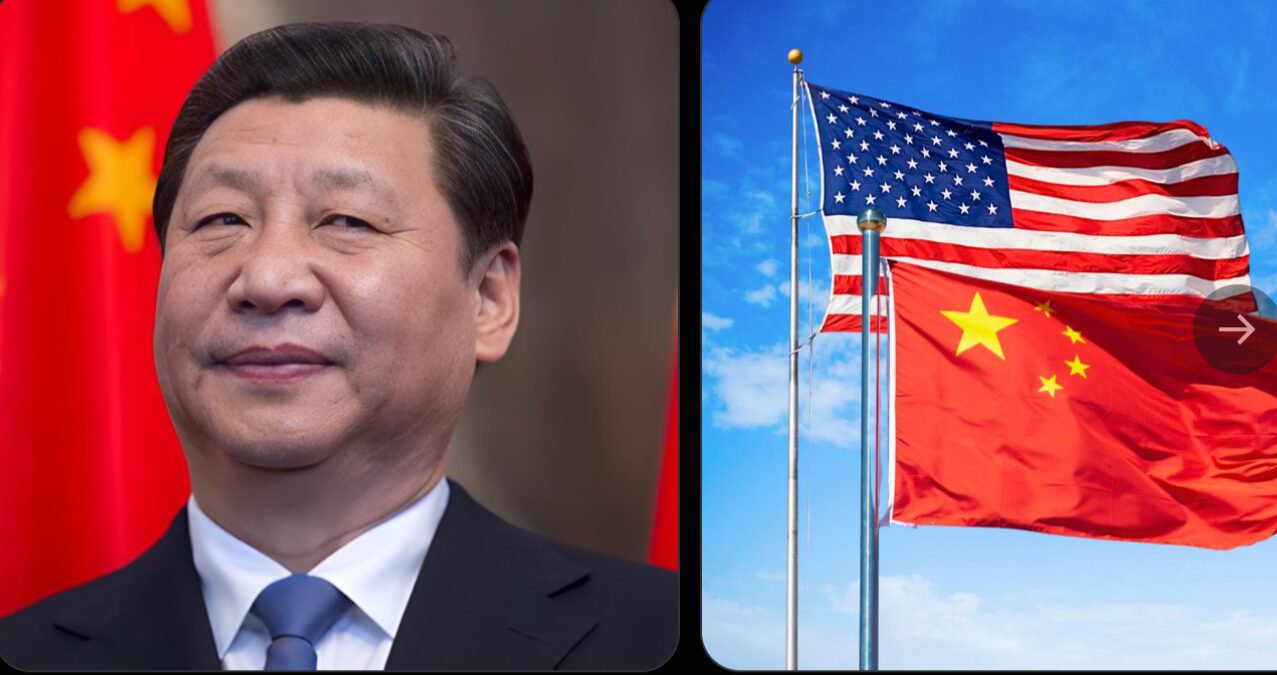
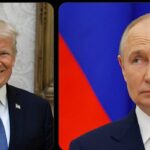
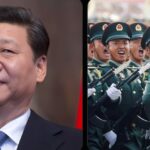
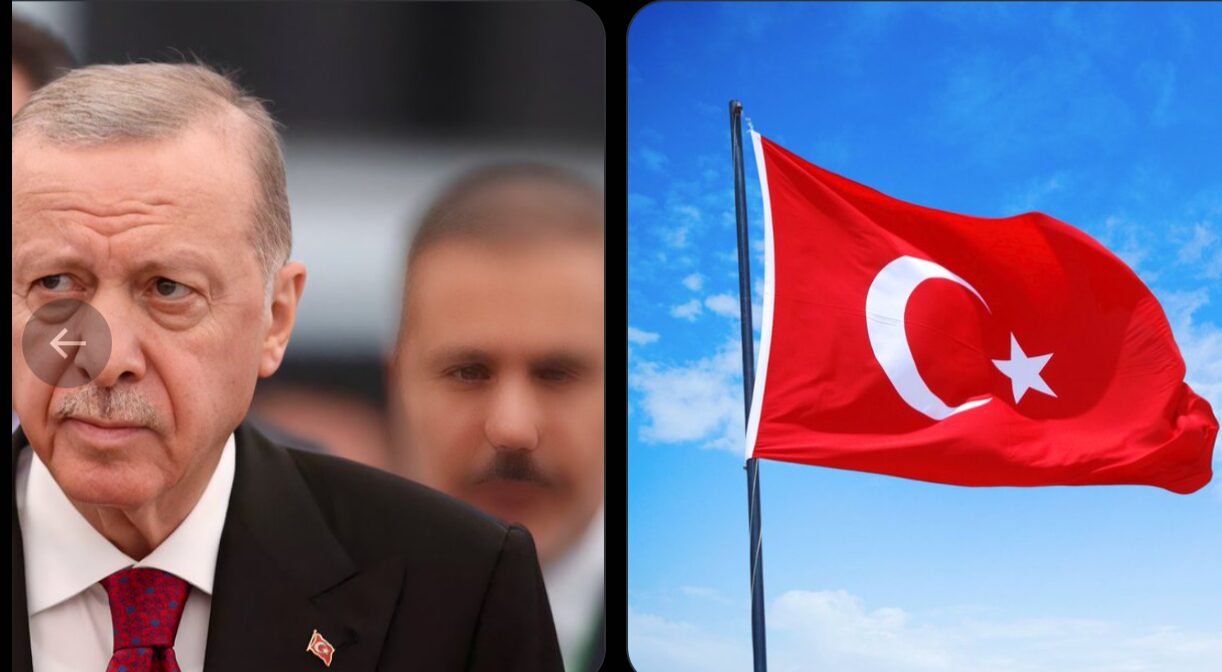

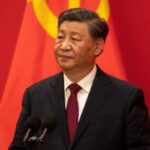

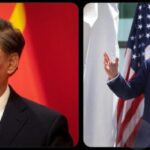
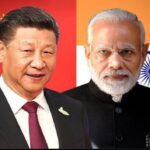








Post Comment